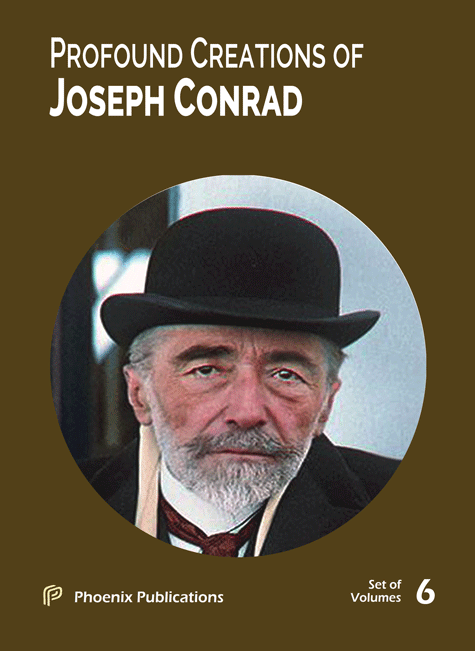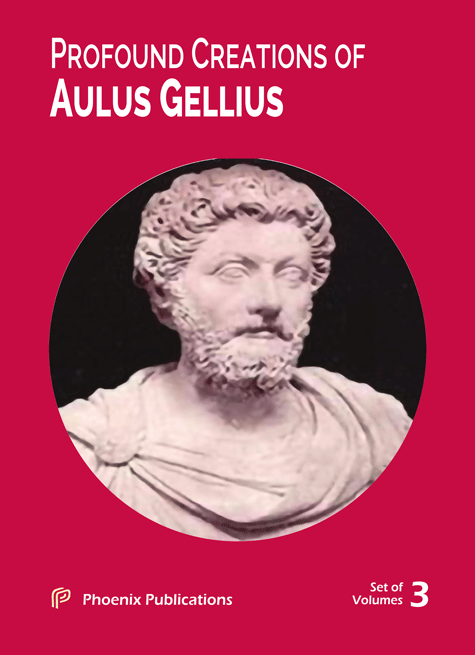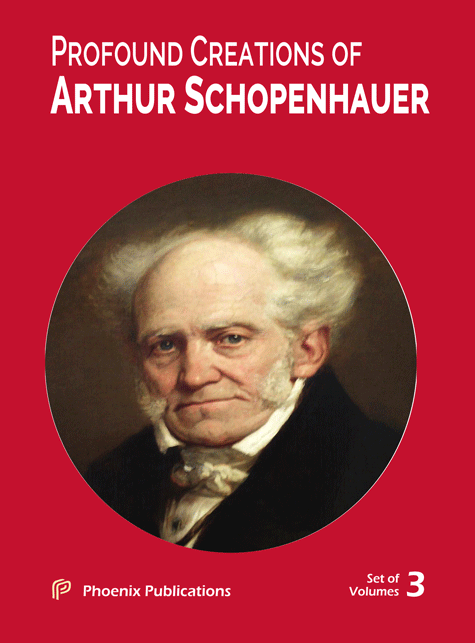Joseph Conrad (1857-1924), a Polish-British novelist, is celebrated for his exploration of the human psyche and the complexities of colonialism. Born in Ukraine, Conrad’s early seafaring experiences profoundly influenced his literary works, which often centred on themes of adventure, moral ambiguity, and the clash between cultures. Notable among Conrad’s works is “Heart of Darkness,” a novella that critiques the imperial exploitation in the Congo while delving into the darkness within the human soul.
Other significant works include “Lord Jim” and “Nostromo,” showcasing his deep understanding of human nature and the impact of historical forces on individuals. Conrad’s narrative style, marked by intricate plots and psychological depth, had a profound influence on modernist literature. Despite English being his second language, Conrad’s mastery of it is evident in his rich and evocative prose. His exploration of the human condition and the consequences of imperialism remains relevant, securing his legacy as a key figure in 20th-century literature.



